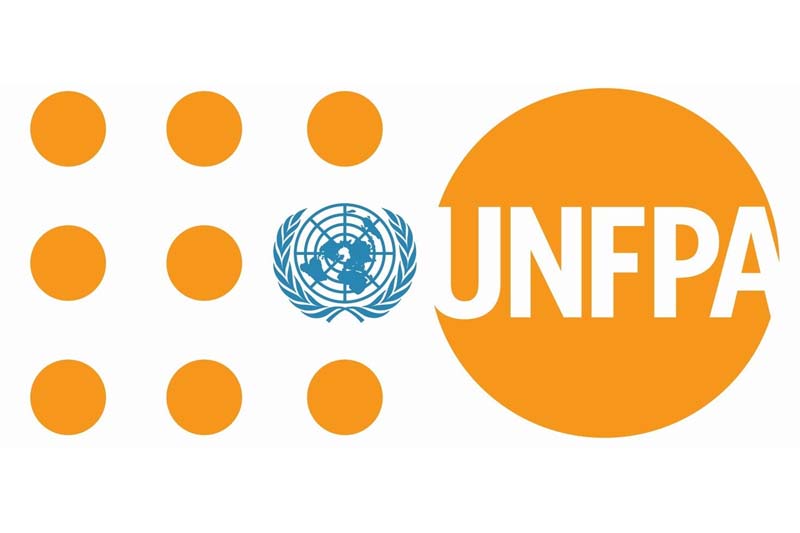Reproductive health rights still a far cry: UNFPA
Kathmandu, April 15
The global sexual and reproductive health and rights movement that began in the 1960s transformed the lives of hundreds of millions of women, empowering them to take key decisions regarding their own bodies and shaping their future.
However, despite the gains made over the past 50 years, the world still has a long way to go in addressing inequalities and inequities before rights and choices are claimed by all, according to a report made public by the United Nations Population Fund today.
Issuing a press release today, UNFPA said that in the journey towards rights and choices, women and girls had faced social and economic barriers at every step.
The report traces advances in reproductive health on the anniversaries of two important milestones.
It has been 50 years since UNFPA began operations in 1969 as the first United Nations agency to address population growth and reproductive health needs.
It is also the 25th anniversary of the 1994 International Conference on Population and Development, where 179 governments, including Nepal, called for people to have access to comprehensive reproductive health care, including voluntary family planning, safe pregnancy and childbirth services.
Much has been achieved since 1969, says the report. Globally, the number of women who died from pregnancy-related causes has decreased from 369 per 100,000 live births in 1994, to 216 in 2015; and 24 per cent of women used modern contraceptives in 1969, compared to 52 per cent in 1994 and 58 per cent in 2019.
However, reproductive rights are still out of reach for too many women, including the more than 200 million women and adolescent girls — over half of them in Asia and the Pacific — who want to exercise their right to choose whether or when to have children, how many and with whom, but cannot access modern contraceptive information and services.
Nepal has made significant progress in maternal health care and family planning services since 1994. However, reproductive health rights are still out of reach of too many women in Nepal — one in four married women currently have an unmet need for family planning; modern contraceptive prevalence rate has plateaued at 43 per cent since 2011 and maternal mortality remains high at 239 maternal deaths per 100,000 live births.
The recently endorsed Safe Motherhood and Reproductive Health Rights Act 2018 recognises reproductive rights as a fundamental human right. In recognition of the multiple barriers faced by certain groups, based on ethnicity, caste, religion as well as age, marital status and disability, among others, the Act commits to promote non-discrimination for easy access to sexual and reproductive health services.
Improving access to quality reproductive health services, though vital, is only part of the solution. There is also a need to address the root causes that stop women from making decisions about their own health thereby preventing them from using family planning services. For instance, one-third of women aged 15-49 years in Nepal do not make their own decisions regarding contraceptive choice.
“Despite the increasing availability of contraceptives over the years, many women today still have no access to them and to the reproductive choices that come with them,” said Dr Natalia Kanem, UNFPA executive director. “Without access, they lack the power to make decisions about their own bodies, including whether or when to become pregnant. Lack of this power — which influences so many other facets of life, from education to income to safety — leaves women unable to shape their own futures,” added Dr Kanem.






